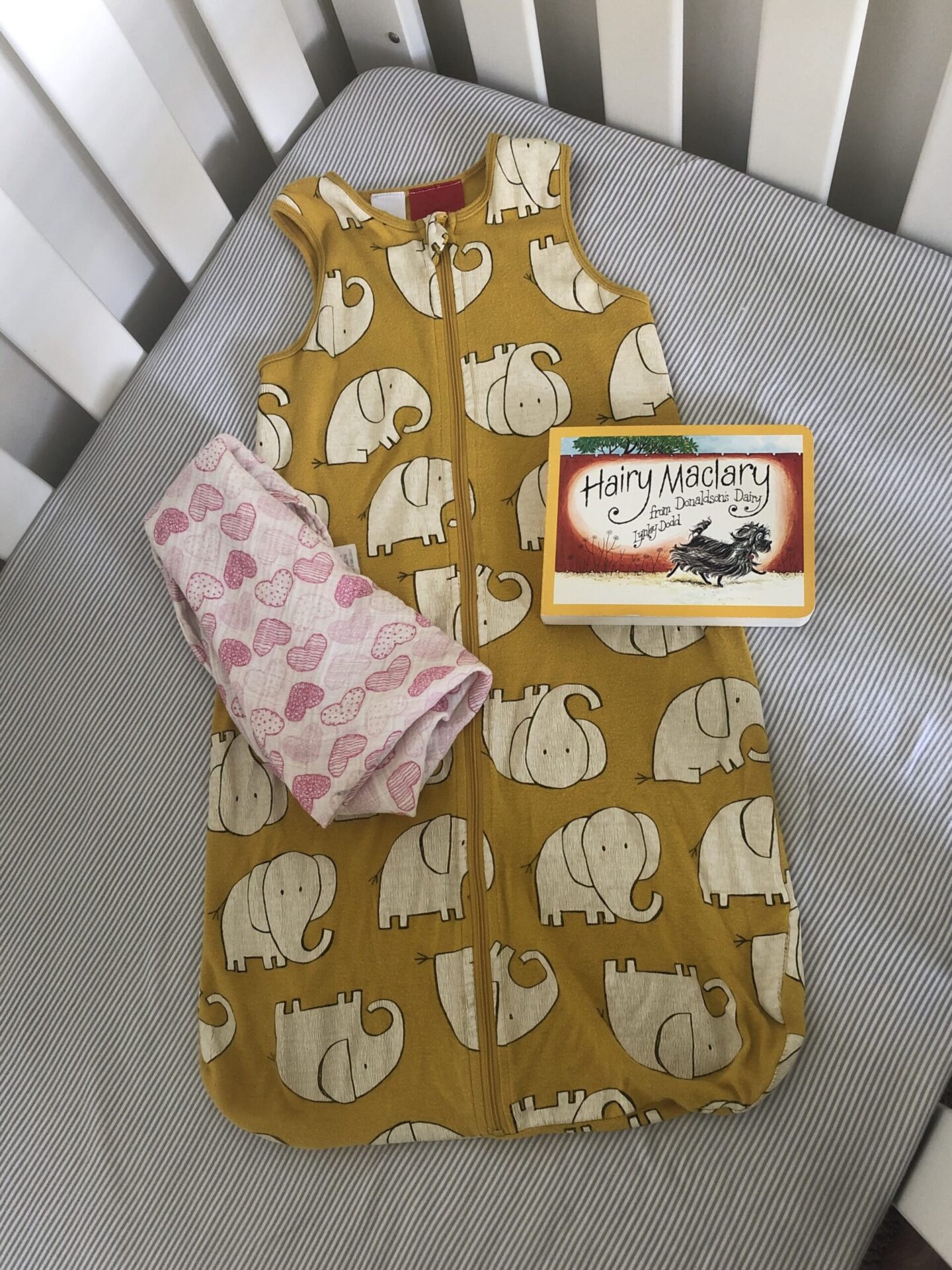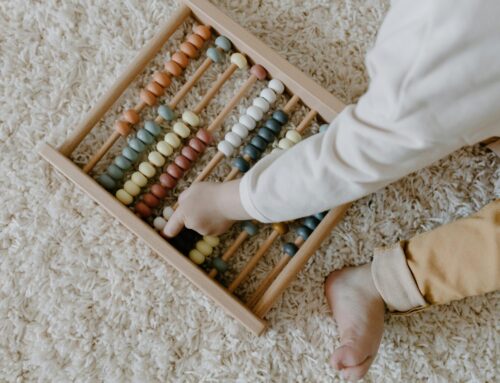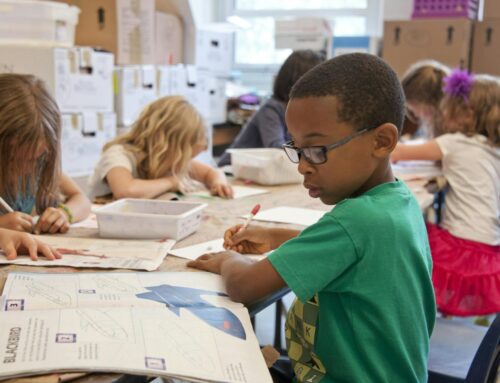Emma Thomas – Full-time mum to an almost one-year-old girl, part-time blogger and writer, with a background as a Kindy Teacher/Director
Bedtime routines, morning routines, weekly plans, saying goodbye… what causes struggles in your house?
As the end of January approaches life returns to normal. Everyone breathes a collective sigh of relief as we put the excitement of Christmas behind us and settle back into the rhythm of the year. Over the holiday period, you may have noticed your children struggling to cope with the late nights, visits to different houses, friends and strangers around and just a little to much sugar! We went on a wonderful family holiday between Christmas and New Year but my daughter doesn’t sleep well in the port-a-cot so we were grateful to return to our own beds.
Taking some time to check in on your routines now will save you pulling your hair out down the road! Most of the time as parents we are doing 80% of what needs to be done, but sometimes just a few little tweaks will make everything easier.
I love routines because:
- I know that my daughter thrives when we stick to our routine. For young children so much of the world around them is out of their control, so knowing what to expect helps them to feel safe and secure.
- Routines provide opportunities for moments of connection – think about how you greet and farewell your child. Do you have a special hug? Kisses in the hand? See you later alligator? As a teenager, I remember my friends mum farewelling us with “Be good, be safe, behave, because, I love you!” This little rhyme has stuck with me all these years later.
- You don’t have to think or argue if there is a routine. If your child always cleans their teeth in the bath and they are in the bath then they will clean their teeth!
- Children can start taking ownership over activities when they have a consistent routine. We want our children to become independent in caring for themselves and this is a great way to support that process.
There are lots of important routines in our daily lives, here are a few that I’d recommend reviewing.
Night-time routine:
I love a consistent nighttime routine, both for me and my daughter. It doesn’t happen every night but I know she sleeps better when we make it happen. We eat dinner together as a family, then her dad does bath and teeth, puts her in PJs and sleepsuit. One of us reads her a few stories, sings a song, puts on the white noise machine and she feeds to sleep.
Morning Routine:
Mornings set the tone for the day and if your not a morning person that can be difficult!
If it’s a workday I set my alarm so I’m up before my little girl. I love a morning shower and it helps get me in the right headspace for the day. I try and pack the bags and choose clothes the night before, as I know mornings are hard for me.
If it’s a home day, I love a lazy morning, my daughter is my alarm and I usually bring her into bed so I can pretend I’m still asleep. I’m the mum who is hanging out washing at 9:30 am still in her PJs. It’s ok to have different routines for different situations.
Weekly Plan:
On the weekend my husband and I go through what is happening in the coming week, we plan out meals (and sometimes we even stick to our plan!) and write up important activities on the fridge. As our daughter gets older she will be involved in these conversations. Knowing what is coming up helps children to feel settled.
Goodbyes:
Some children find parting difficult and some find it easy. It helps to say the same things and to make goodbyes clear and quick. “I am going to work/to the shops/out to dinner now, Daddy/Grandma/Miss Sally will look after you until I get back. I love you. Goodbye!”. For children who express sadness during separations, it is important that we acknowledge their feelings and then support them to feel better. “You seem really sad that I have to go, I’m going to give you to Daddy/Grandma/Miss Sally and they will give you a hug/drink of water/take you outside.” As you maintain a consistent routine the goodbyes will get easier.
Have a think about routines in your house:
- What is the time of day that you do really well?
- What is a small change you can make that would make a routine easier?
- Are your children ready for more responsibility in their daily routines?
- Would they benefit from some pictures or a chart to remind them of what to do?
I hope that thinking about these routines helps you to get on track for the week ahead.









